#rudolf klein-rogge
Text

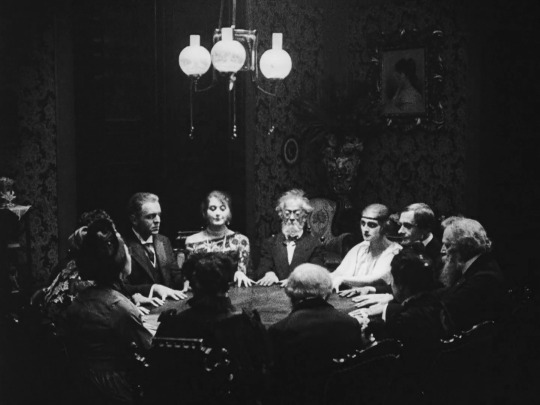
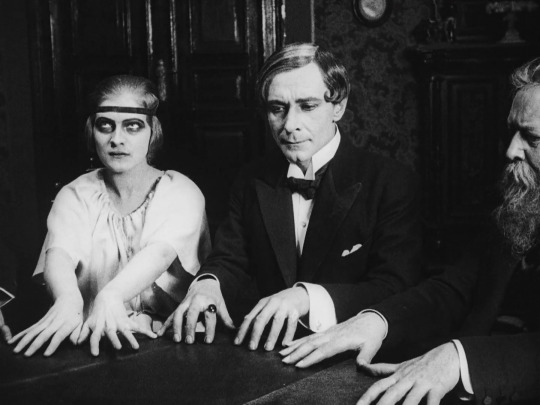
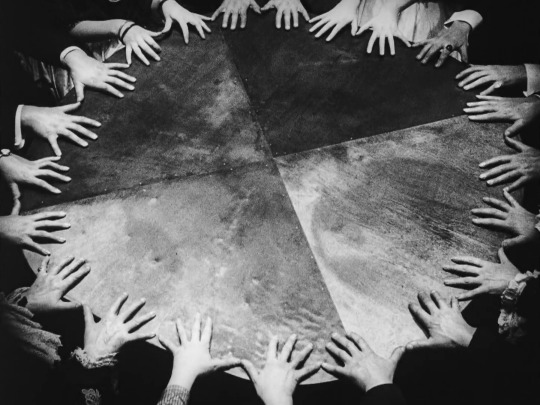
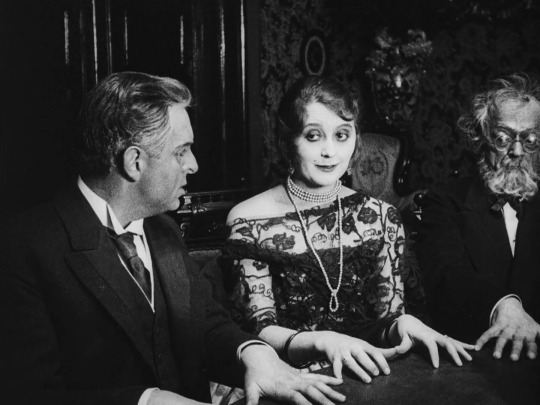

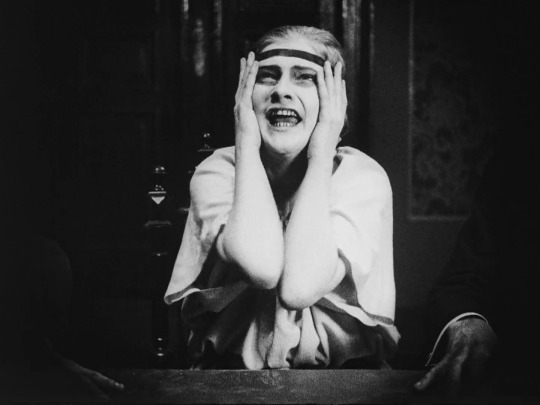
"There is a foreign element among us!"
Dr. Mabuse, der Spieler (1922) | dir. Fritz Lang
#rudolf klein-rogge#gertrude welcker#alfred abel#dr. mabuse the gambler#dr. mabuse der spieler (1922)#dr. mabuse#countess dusy told#count told#1920s#fritz lang#classic film#silent film#german cinema#weimar cinema#german expressionism#screencaps#séance#classicfilmsource#dailyworldcinema#my post
238 notes
·
View notes
Photo
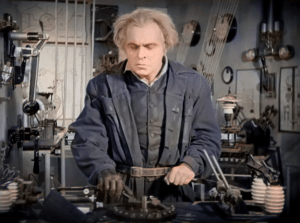

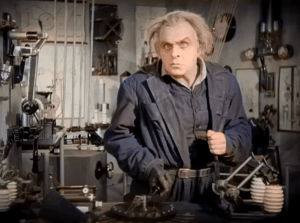







Metropolis (1927)
#metropolis gif#brigitte helm gif#fritz lang#rudolf klein-rogge#20s sci-fi#20s movies#german expressionism#silent movies#science-fiction#rotwang#maschinenmensch#hel#maria#futura#gynoid#1920s#1927#gif#chronoscaph gif
718 notes
·
View notes
Photo

491 notes
·
View notes
Text

Alfred Abel, Brigitte Helm, and Rudolf Klein-Rogge in Metropolis (1927) - Vintage French postcard
#metropolis#rudolf klein-rogge#brigitte helm#allfred abel#1927#1920s movies#fritz lang#dystopia#sci fi#vintage french postcards
37 notes
·
View notes
Text
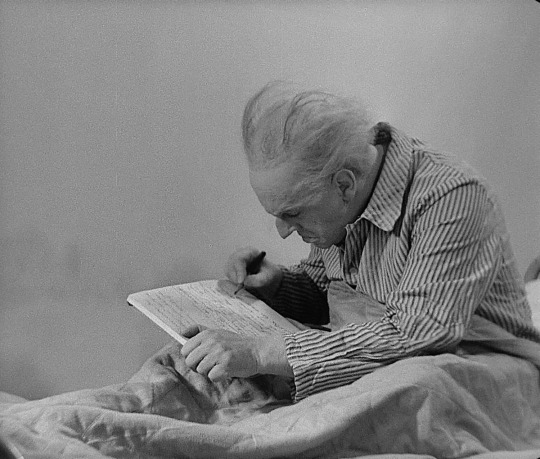
Rudolf Klein-Rogge, November 24, 1885 - April 30, 1955.
Fritz Lang’s The Testament of Dr. Mabuse (1933).
9 notes
·
View notes
Text

Films Watched in 2024:
24. Spione/Spies (1928) - Dir. Fritz Lang
#Spione#Spies#Fritz Lang#Rudolf Klein-Rogge#Gerda Maurus#Lien Deyers#Louis Ralph#Fritz Rasp#Silent Cinema#Films Watched in 2024#My Post
4 notes
·
View notes
Photo

Rudolf Klein-Rogge, Brigitte Helm (and the Maschinenmensch in the background) / production still from Fritz Lang’s Metropolis (1927)
116 notes
·
View notes
Text




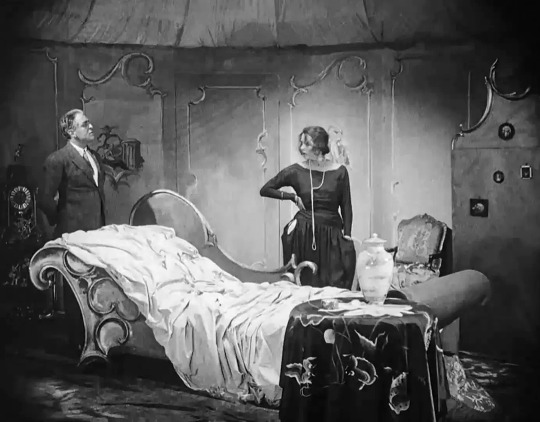
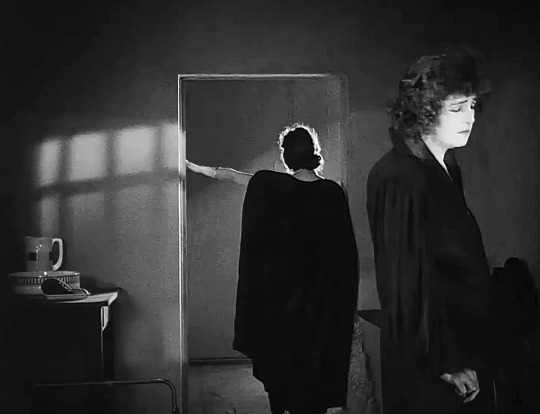
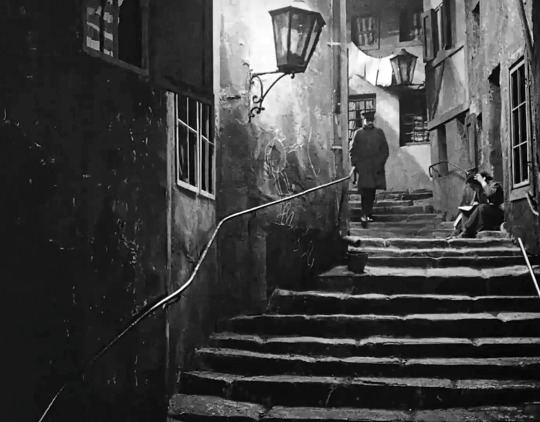


#movie#film#director#actor#actress#cinema#dr mabuse#fritz lang#silent cinema#silent movies#silent film#old hollywood#german movies#german film#german expressionism#rudolf klein-rogge#decade: 1920s#1920s#black and white#black and white movie#black and white film#dr mabuse der spieler#dr mabuse the gambler
35 notes
·
View notes
Photo
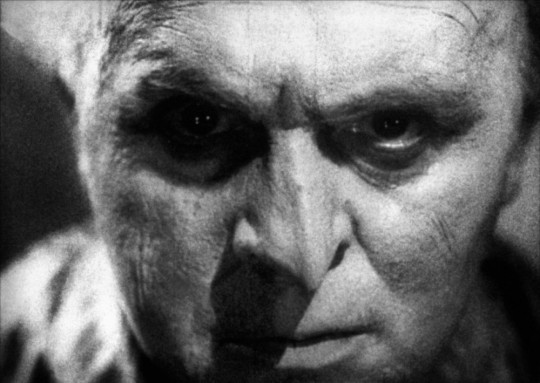
Rudolf Klein-Rogge in Dr. Mabuse the Gambler (Fritz Lang, 1922)
Cast: Rudolf Klein-Rogge, Aud Egede-Nissen, Gertrud Welcker, Alfred Abel, Bernhard Goetzke, Paul Richter, Robert Forster-Larrinaga, Hans Adalbert Schlettow, Georg John, Károly Huszár, Grete Berger, Julius Falkenstein. Screenplay: Thea von Harbou, Fritz Lang, based on a novel by Norbert Jacques. Cinematography: Carl Hoffmann. Art direction: Otto Hunte, Erich Kettelhut, Karl Stahl-Urach, Karl Vollbrecht.
Dr. Mabuse the Gambler is a four-and-a-half-hour movie, and I've seen two-hour movies that felt longer. It zips along because Fritz Lang never fails to give us something to look at and anticipate. There is, first and foremost, the almost literally hypnotic performance of Rudolf Klein-Rogge as Mabuse, a role that could have degenerated into mere villainous mannerisms. There is his dogged and thwarted but always charismatic opponent, von Wenk (Bernhard Goetzke), who seems on occasion to resist Mabuse's power by mere force of cheekbones. There is the extraordinary art decoration provided by Otto Hunte and Erich Kettelhut, which often gives the film its nightmare power: Consider, for example, the exceedingly odd stage decor provided for the Folies-Bergère performance by Cara Carozza (Aud Egede-Nissen), in which she contends with gigantic heads with phallic noses (or perhaps beaks), or the collection of primitive and Expressionist art belonging to the effete Count Told (Alfred Abel). The story itself, adapted from the novel by Norbert Jacques by Lang's wife-to-be Thea von Harbou, is typically melodramatic stuff about a megalomaniac psychiatrist, who uses his powers to become a master criminal. But l think it succeeds not only because it has so much to say about the period in which it was made but also because of our continuing fascination with mind control. It sometimes feels like there's a little Mabuse in everyone who seeks power. Somehow we continually lose our skepticism, born of hard experience, about the manipulators and find ourselves once again yielding to them. And somehow we usually, like von Wenk, find a way to pull ourselves back from the brink. But, as Lang himself experienced, we don't always manage to do so.
3 notes
·
View notes
Text
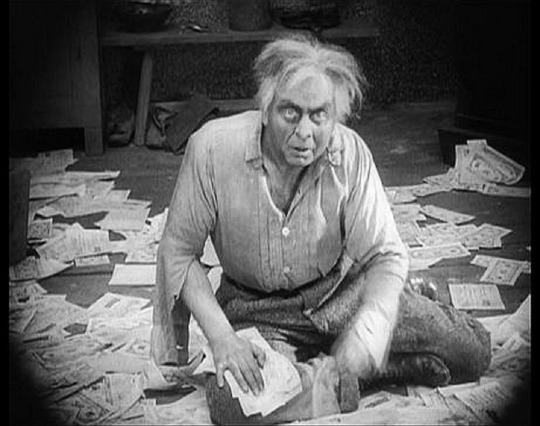
#Rudolf Klein-Rogge#The Testament of Dr Mabuse#German Expressionism#1930s#madness#black and white#Fritz Lang#film
1 note
·
View note
Text





Dr. Mabuse vs. State Attorney von Wenk
Rudolf Klein-Rogge & Bernhard Goetzke in DR. MABUSE, DER SPIELER (1922) | dir. Fritz Lang
#rudolf klein-rogge#bernhard goetzke#dr. mabuse the gambler#dr. mabuse der spieler (1922)#dr. mabuse#state attorney von wenk#1920s#fritz lang#classic film#silent film#german cinema#weimar cinema#german expressionism#imageedit#screencaps#classicfilmsource#dailyworldcinema#my post
37 notes
·
View notes
Photo

Spies https://bit.ly/3CmdGxH Metropolis, now seen as a classic, didn’t do many favours for director Fritz Lang short term. And it nearly bankrupted Ufa, the studio that made it. For Lang’s follow-up, Spies (Spione), Ufa clipped his wings and forced him to shoot on a reduced budget. Hey ho, another classic, and also, just incidentally, the template for almost all of the spy thrillers of the future. In a brilliant, lightning-fast opening montage, Lang lays out his stall – stolen documents, a murder, a public furore stoked by incendiary newspaper headlines (“public officials asleep on the job”), – another murder, followed by a man who might as well be named M calling a spy who might … Read more
0 notes
Text
Der steinerne Reiter 1923 (The Stone Rider)

The main female role in this silent film is played by Lucie Mannheim, Conrad Veidt's first lover, thanks to whom Conrad became acquainted with the art of cinema, and the world received a brilliant actor. It turns out that Lucie was a wonderful actress. In this film, her working partners are Rudolf Klein-Rogge ("Doctor Mabuse", "Metropolis", etc.) and Gustav von Wangenheim ("Nosferatu").
#german expressionism#gustav von wangenheim#rudolf klein rogge#lucie mannheim#silent film#silent cinema#silent movies#silent era
10 notes
·
View notes
Text




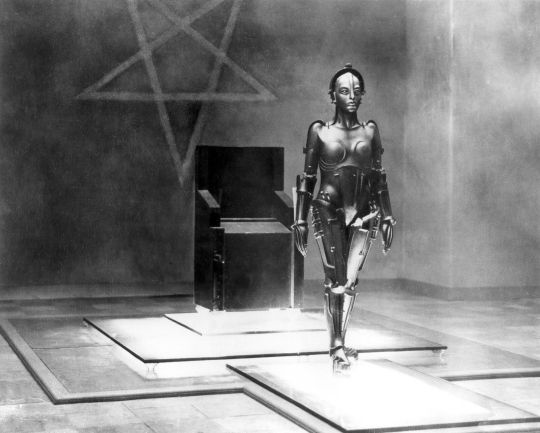
Brigitte Helm and Rudolf Klein-Rogge in Metropolis (1927).
349 notes
·
View notes
Text

Rudolf Klein-Rogge, November 24, 1885 - April 30, 1955.
Poster for Fritz Lang’s The Testament of Dr. Mabuse (1933).
31 notes
·
View notes







